The Food & Drug Administration releases draft guidelines for over-the-counter hearing aids. 
Center Director Frank Lin and Associate Faculty Marilyn Albert, PhD served on the workgroup for the National Alzheimer’s Project Act that developed recommendations to address modifiable risk factors for dementia: Action 6.B.2 of the updated National Plan to Address Alzheimer’s Disease, specifically calls for increasing access to hearing aids to reduce dementia risk.
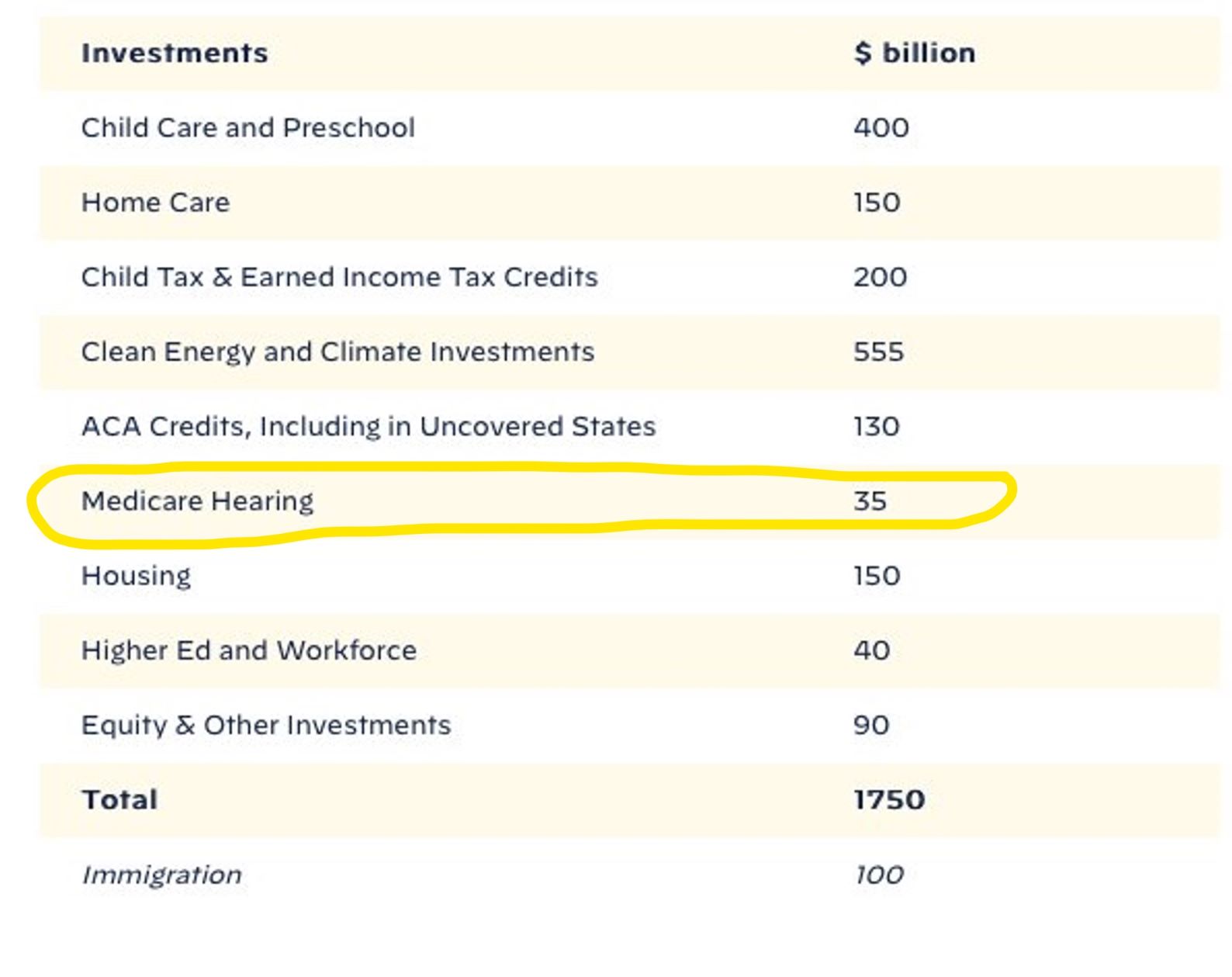 Language from H.R. 3 serves as the basis for the Biden Administration’s $1.75T Build Back Better Framework to fund coverage of hearing aids and hearing care services under Medicare, the first time that explicit federal funding has been proposed for hearing coverage since the inception of Medicare in 1965.
Language from H.R. 3 serves as the basis for the Biden Administration’s $1.75T Build Back Better Framework to fund coverage of hearing aids and hearing care services under Medicare, the first time that explicit federal funding has been proposed for hearing coverage since the inception of Medicare in 1965.
The final bill for the Build Back Better Act, passed out of the House of Representatives in late 2021, specifically included nearly $35 billion in funding for the coverage of hearing aids and hearing care services under Medicare. This was the first time that explicit federal funding has been proposed for hearing coverage since the inception of Medicare in 1965.
While the Build Back Better Act stalled in the U.S. Senate, we are optimistic that with the framework of this Medicare hearing benefit now in place, this effort will be resurrected in future sessions of Congress.
2022
The FDA’s final guidelines for over-the-counter hearing aids open a new market for consumer hearing technology.
2023
The ACHIEVE study main findings, published in the Lancet in July, showed that in older adults at increased risk for cognitive decline, hearing intervention slowed down loss of thinking and memory abilities by 48% over 3 years. Treating hearing loss may be a particularly important public health target for dementia prevention efforts. Hearing loss is modifiable risk factor for dementia that could be addressed at scale to help reduce the risk of dementia and the cognitive decline that precedes dementia onset.
Policy changes are needed in the U.S. to increase affordable access and insurance coverage for hearing aids and related hearing technologies, and the diagnostic and hearing care support services of an audiologist to guide the individual in using these hearing technologies to hear and communicate optimally.


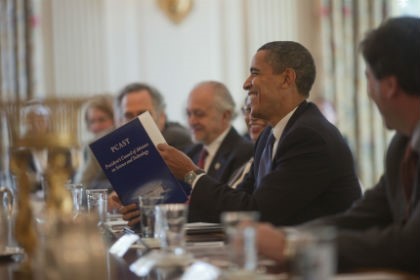
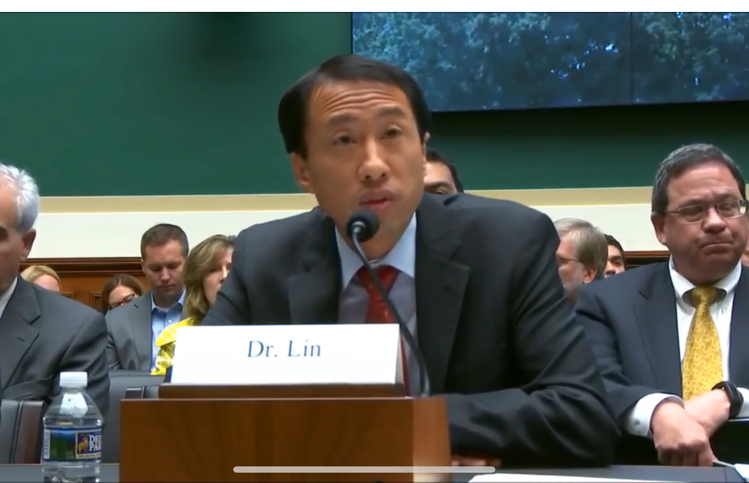
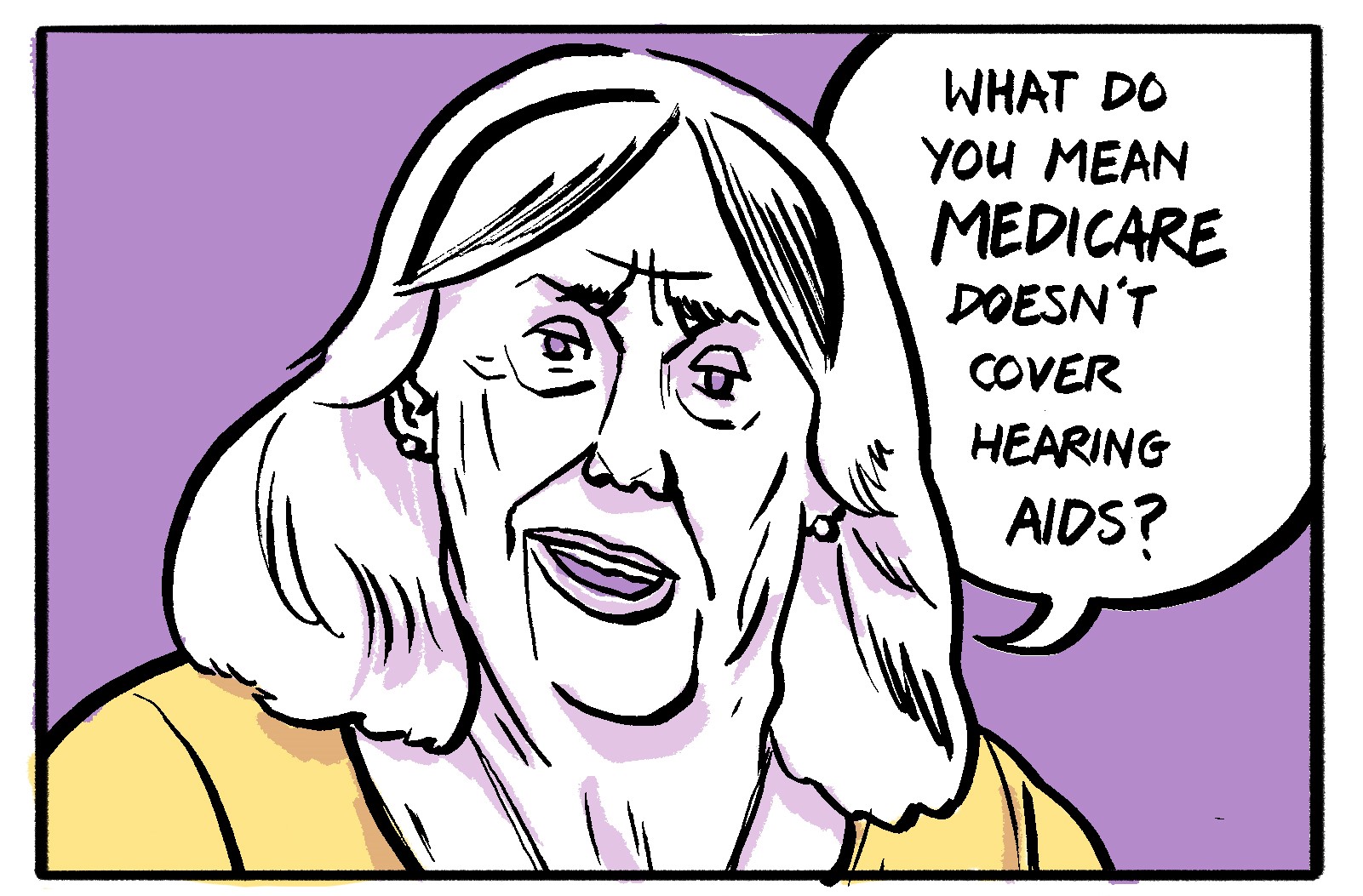
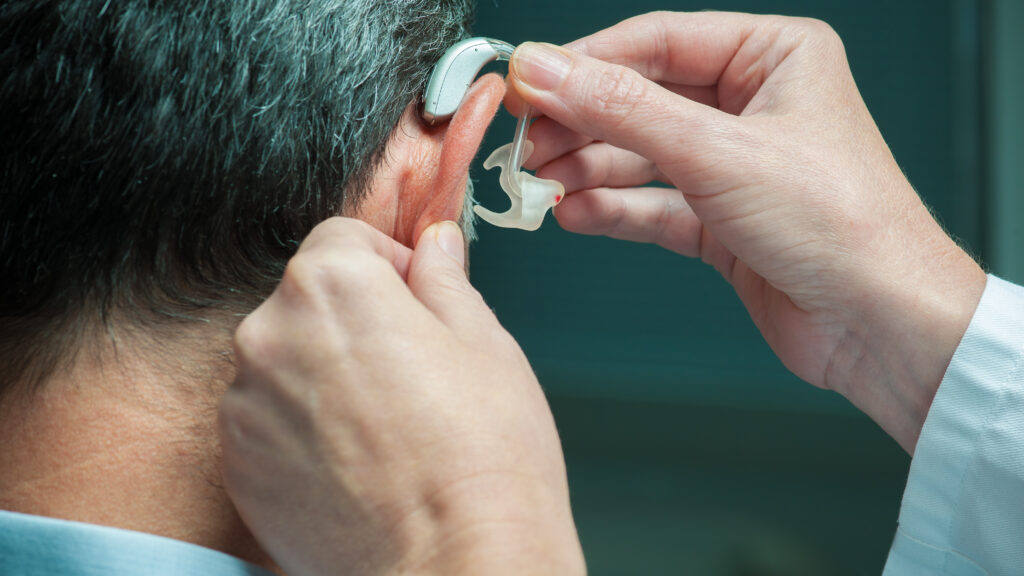

 Language from H.R. 3 serves as the basis for the Biden Administration’s $1.75T
Language from H.R. 3 serves as the basis for the Biden Administration’s $1.75T